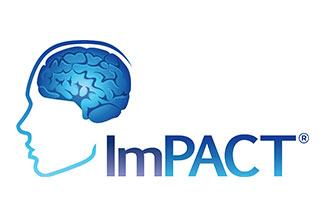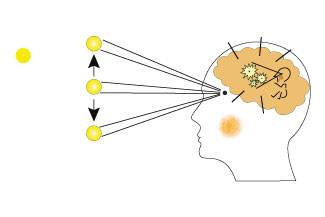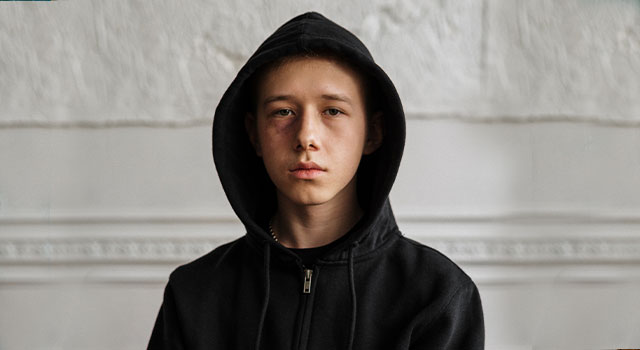
What is Neuro-Optometry?
Neuro-Optometry is a specialized area of optometry that focuses on how the brain processes visual information.
It deals with the connection between the brain and the eyes, especially in patients who have experienced neurological conditions such as brain injuries, concussions, or developmental disorders.
At Carolina Vision Rehabilitation, we help patients whose visual systems have been affected by these conditions by improving both their visual abilities and visual perceptual skills—how the brain interprets what the eyes see.
What conditions does Neuro-Optometry help?
Neuro-Optometry is beneficial for patients who have experienced, any of the following:
- traumatic brain injuries (TBI)
- concussions
- strokes, or neurological disorders like multiple sclerosis or Parkinson’s disease
It also helps those with developmental challenges or visual issues related to conditions such as autism, ADHD, or learning disabilities.
If a neurological condition has affected how your brain processes visual input, Neuro-Optometry can support your recovery by addressing not only vision but also visual perceptual skills, such as depth perception, spatial awareness, and visual memory.
What are the signs that a patient can benefit from Neuro-Optometry?
Patients who may benefit from Neuro-Optometry often show signs like;
- dizziness
- double vision
- difficulty focusing
- light sensitivity
- balance problems
They may also have issues with visual perceptual skills, such as trouble recognizing faces, poor hand-eye coordination, or difficulty understanding visual information.
If you notice these symptoms after a brain injury or as a result of a neurological condition, Neuro-Optometry could help.
We perform thorough assessments to evaluate not only your vision but also how well your brain is processing visual information, and create a customized treatment plan at Carolina Vision Rehabilitation to meet your specific needs.
How does Neuro-Optometry help patients with concussion?
After a concussion, many people experience visual problems like blurry vision, difficulty focusing, or poor eye coordination.
These issues can also affect visual perceptual skills, such as judging distances, tracking moving objects, or interpreting spatial relationships.
Neuro-Optometry provides therapies to retrain the brain and eyes to work together, helping to restore both visual clarity and perceptual accuracy.
By addressing these aspects, we can reduce symptoms such as headaches, dizziness, and light sensitivity while improving your ability to read, move, and interact with your environment.
At Carolina Vision Rehabilitation, our goal is to help you regain full visual function and comfort so you can confidently return to your normal activities









